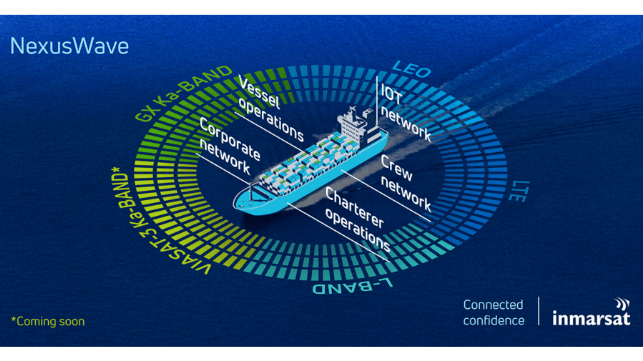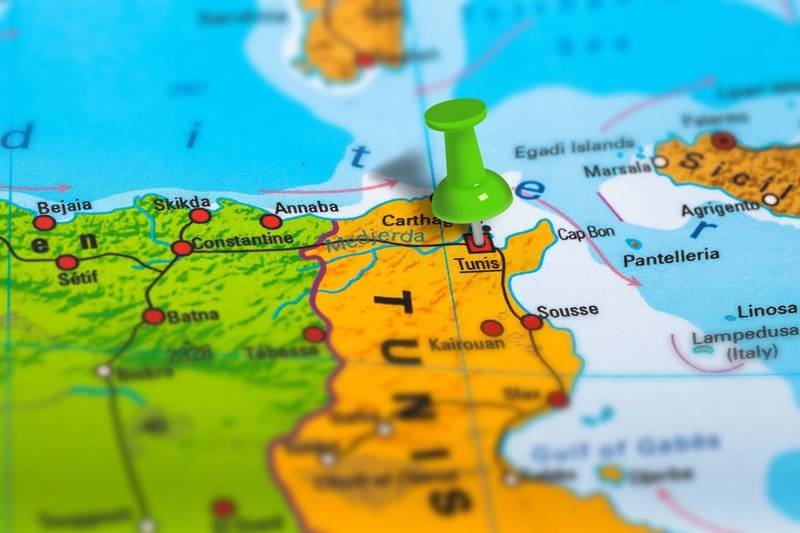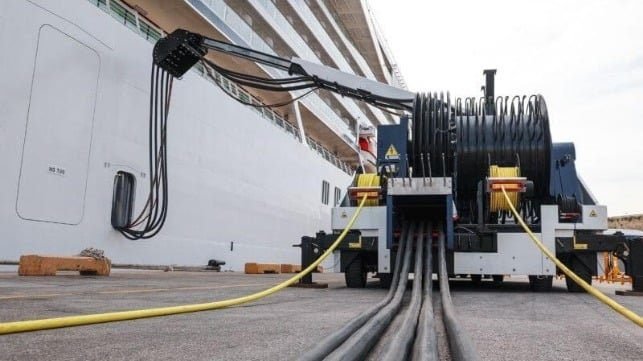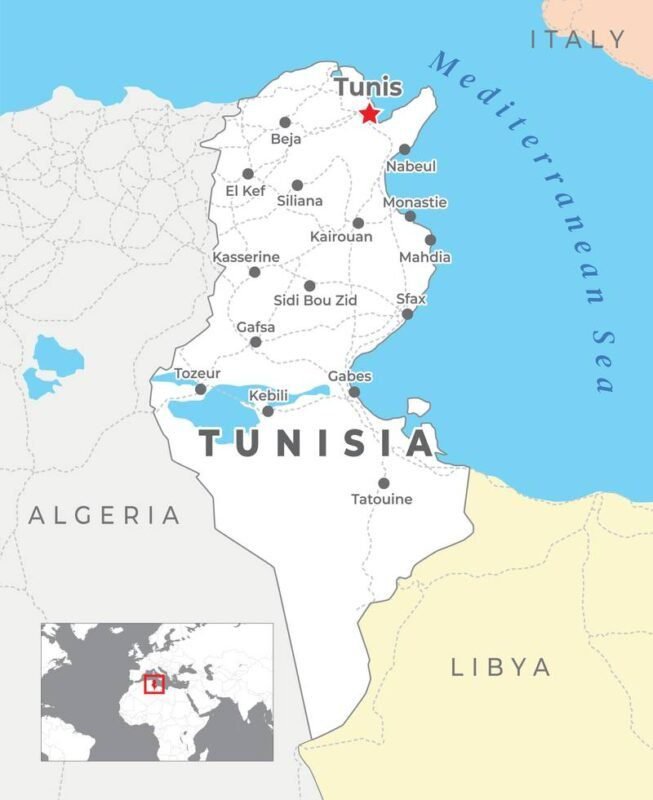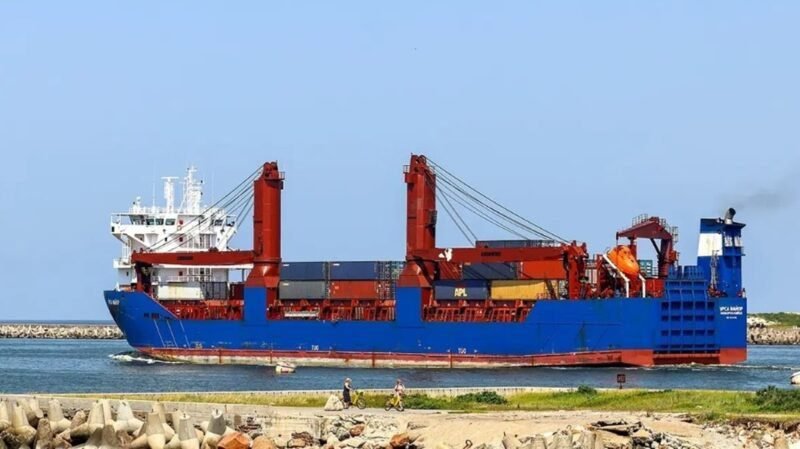Yemen’s Houthi fighters, backed by Iran, possess advanced weapons capable of reaching as far as the Mediterranean, raising concerns that they could expand their attacks on ships beyond the Red Sea and the Gulf of Aden. A senior defense official highlighted the group’s use of anti-ship ballistic missiles and drones, which is seen as a significant threat to shipping in the region. Discussions during a meeting of defense representatives from the US and the Gulf Cooperation Council in Riyadh focused on enhancing air and missile defense capabilities to counter these threats.
Despite the Houthi’s threats to target ships in the eastern Mediterranean, no attacks have been reported in the region yet. The group’s close ties to Iran have enabled them to receive military training and support crucial for targeting moving objects like ships. The successful repelling of missile and drone attacks on Israel in April demonstrated the effectiveness of integrated defense alliances and the importance of cooperation in countering such threats. The closure of the southern Red Sea to Western ships due to the Houthi’s actions has forced shipping companies to seek alternative routes, bypassing the Suez Canal and sailing around southern Africa.
The Houthi’s ability to target ships over long distances raises concerns for the safety of vessels in the region, particularly those linked to Israel, the US, and the UK. The group’s threats and previous attacks have disrupted maritime traffic in the Red Sea, leading to fears of prolonged instability in the region. Efforts to strengthen air and missile defense capabilities and enhance cooperation among regional partners are seen as crucial in mitigating the threat posed by the Houthi fighters and ensuring the safety of shipping lanes in the area.











